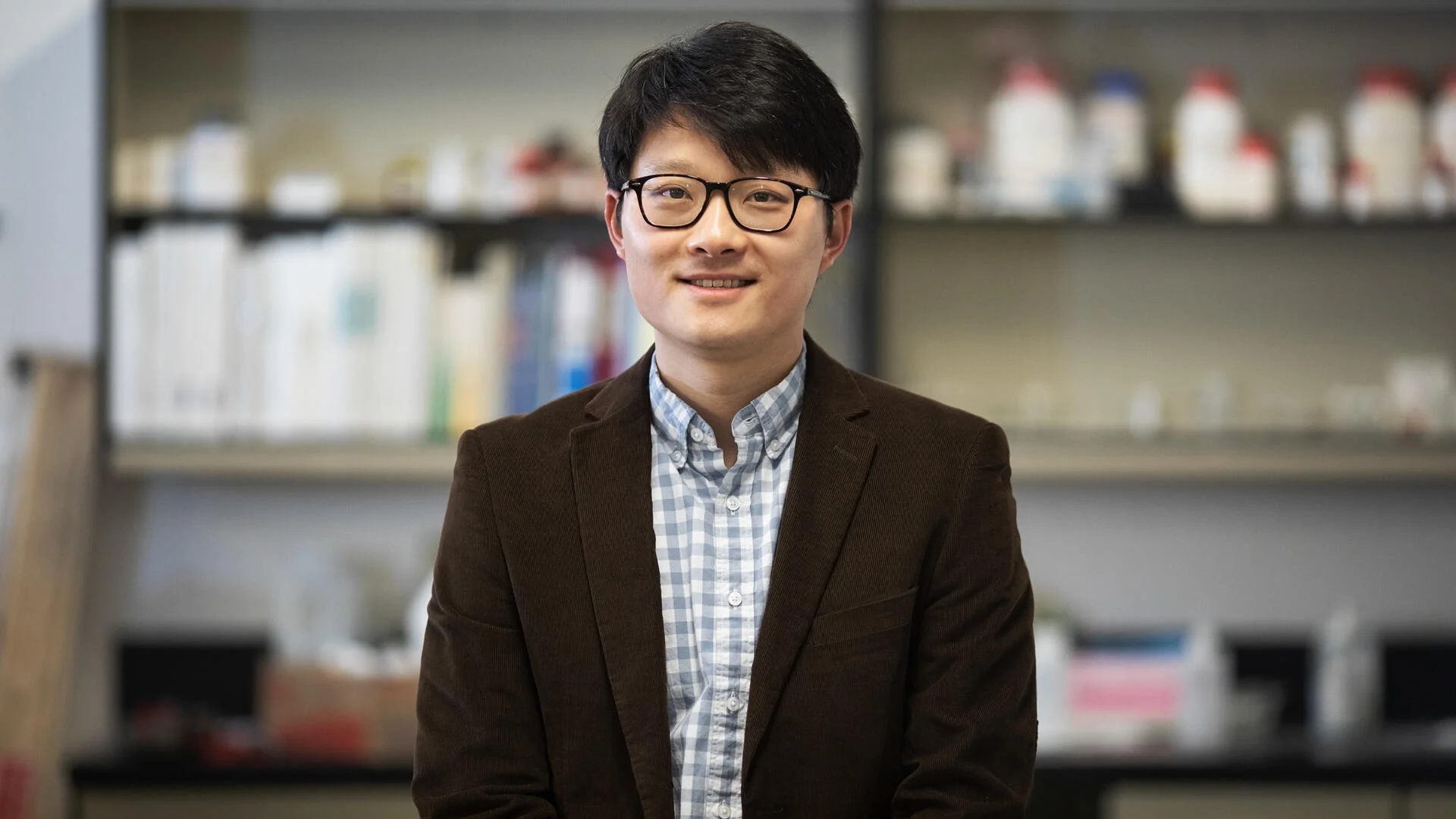
The National Killam Program administered by the National Research Council of Canada (NRC) announces Dr. Adam Wei Tsen as the recipient of the . This prestigious honour provides $80,000 for up to two years in support for dedicated research time to scholars “whose superior, ground-breaking, best-in-class research stands to have significant impact on a national or global scale.”
Tsen is a professor at the Institute for Quantum Computing (IQC) and the Department of Chemistry at the University of Waterloo. His research focuses on the study of various two-dimensional (2D) quantum materials and making new magnetically active molecules for quantum material applications, including quantum computing and quantum information.

As one of the emerging leaders in the study of 2D materials, Tsen’s ambitious goal is to electrically generate, detect, and control coherent magnons, where the magnon condensates in a 2D magnet for the first time. This is an important step towards the development and integration of 2D quantum magnonics for on-chip hybrid quantum systems.
In his research, 2D magnets are used as a powerful platform in the development of quantum magnonics. Currently, this research is hampered by the lack of available magnetic materials. The recently discovered class of 2D magnets provides tremendous new opportunities.
“I am very honoured to be selected as a Dorothy Killam Fellow and am excited to use these funds to spearhead the development of 2D quantum magnonics,” Tsen says. “I wish to use 2D magnetic materials as a new platform to generate and manipulate coherent magnons for quantum information applications.”
Tsen’s research will allow the global quantum community to use the advantages of different physical platforms and can further Canada’s lead in quantum information and materials sectors.
“We are thrilled Wei has been recognized with this prestigious fellowship,” says Norbert Lütkenhaus, executive director for the IQC. “His important research will lead to the development of novel devices that will be transformational to the future of quantum technology and quantum information around the world, and we’re proud this work is being done right here in Waterloo.”
